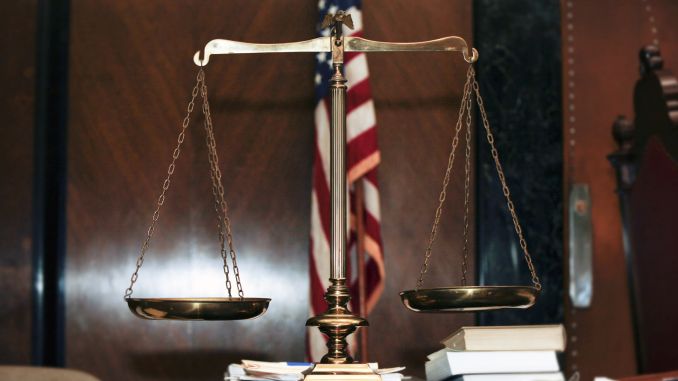
The FIRST STEP Act passed in the House of Representatives on Thursday by a vote of 358 to 36, after previously passing the Senate on a vote of 87 – 12. The name is an acronym for “Formerly Incarcerated Reenter Society Transformed Safely Transitioning Every Person Act”.
Senator Mike Lee, one of the sponsors of the bill and an avid promoter of it, was pleased.
The bill enacts a series of modest but important modifications to the current federal guidelines for sentencing; allows for faster release of criminals who have been involved with rehabilitative programs while incarcerated and whose crimes do not fall within specific, generally violent, offenses; makes retroactive the penalty equivalency for crack and cocaine crimes; makes illegal the shackling of pregnant and postpartum inmates; requires home confinement for those low-risk prisoners who qualify for appropriate programs; encourages treatment programs for those who are drug dependent, particularly with opiods; increases available job assistance for released prisoners and introduces required checks and monitoring to prevent jailhouse rapes, among other actions.
The most contentious portion of the bill is the part which speeds release of criminals. The bill directs the government to create a new risk assessment program which will gauge relative risks of recidivism among prisoners and, for those deemed low-risk, offer rehabilitative programs. Some, like Senator Marco Rubio, refused to vote for the bill because of concerns about the Federal government’s ability to properly create and manage such a system without allowing violent offenders to be released to commit more crimes.
The Huffington Post quoted Rubio during an interview: “At the end, I just wasn’t convinced that some pretty dangerous people could utilize this to limit their sentences,”
Many of the reforms enacted in this bill have previously been passed on the state level, such as those passed for cost reductions in Texas.
Having crunched the numbers to determine that the state needed to authorize an additional $2 billion for another 17,000 prison beds, a group of conservative thinkers proposed an alternative: What if the Legislature instead reduced the need for the beds by creating drug courts, reducing incarceration rates for nonviolent offenders and offering rehabilitation and educational opportunities to inmates, all for the lower price of $241 million?
Marc Levin, who serves as the vice president of criminal justice policy at the conservative Austin think tank Texas Public Policy Foundation, helped craft the reform, and credits the initiative for allowing the state to close eight prisons since 2007. The state’s prison population has since dipped by 30,000, and the crime rate is the lowest since 1967, he said.
Texas Tribune
The verified success on the state level is a positive indicator toward the bill, and may have been a factor in gaining votes of lawmakers.
The bill passed with broad bipartisan support and with encouragement from President Trump, who is expected to sign it promptly.

1 Trackback / Pingback
Comments are closed.